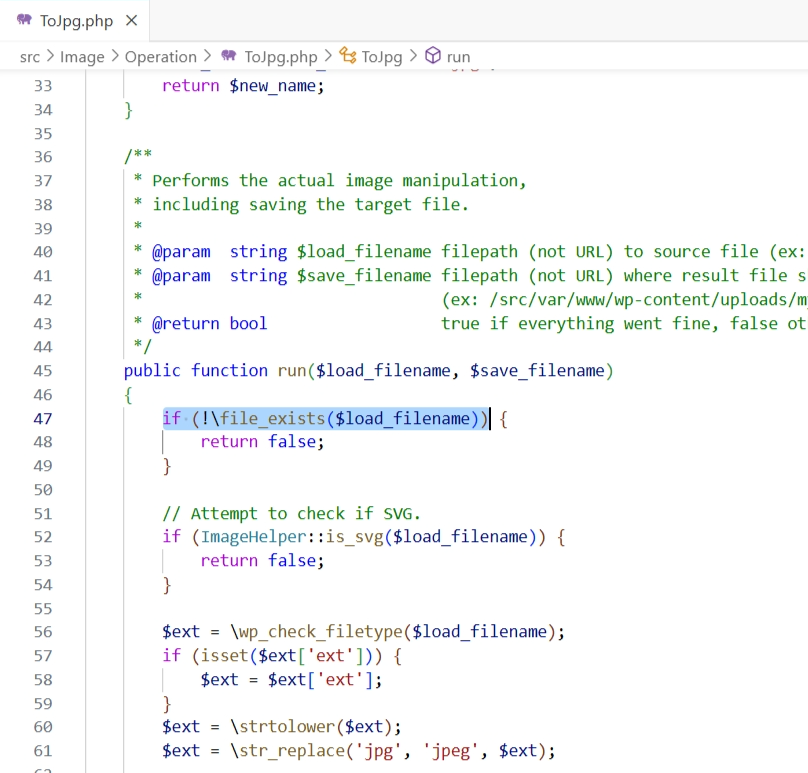Tag
#git
### Impact Prior to the patched version, logged in users of Mautic are vulnerable to Relative Path Traversal/Arbitrary File Deletion. Regardless of the level of access the Mautic user had, they could delete files other than those in the media folders such as system files, libraries or other important files. This vulnerability exists in the implementation of the GrapesJS builder in Mautic. ### Patches Update to 4.4.12 or 5.0.4. ### Workarounds No ### References - https://cwe.mitre.org/data/definitions/23.html - https://cwe.mitre.org/data/definitions/22.html - https://attack.mitre.org/techniques/T1630/002/ ### For more information If you have any questions or comments about this advisory: Email us at [[email protected]](mailto:[email protected])
There is a potential vulnerability in Traefik managing requests with `Content-length` and no `body` . Sending a `GET` request to any Traefik endpoint with the `Content-length` request header results in an indefinite hang with the default configuration. This vulnerability can be exploited by attackers to induce a denial of service. ## Patches - https://github.com/traefik/traefik/releases/tag/v2.11.2 - https://github.com/traefik/traefik/releases/tag/v3.0.0-rc5 ## Workarounds For affected versions, this vulnerability can be mitigated by configuring the [readTimeout](https://doc.traefik.io/traefik/routing/entrypoints/#respondingtimeouts) option. ## For more information If you have any questions or comments about this advisory, please [open an issue](https://github.com/traefik/traefik/issues).
Wondering whether changing your SSN is an option. Read here what you need to qualify for a new SSN and what you need to get one.
Cross Site Scripting vulnerability in tiagorlampert CHAOS v.5.0.1 allows a remote attacker to escalate privileges via the sendCommandHandler function in the handler.go component.
An issue in OpenStack magnum yoga-eom version allows a remote attacker to execute arbitrary code via the cert_manager.py. component.
### Summary Timber is vulnerable to [PHAR deserialization](https://portswigger.net/web-security/deserialization/exploiting#phar-deserialization) due to a lack of checking the input before passing it into the` file_exists()` function. If an attacker can upload files of any type to the server, he can pass in the `phar://` protocol to unserialize the uploaded file and instantiate arbitrary PHP objects. This can lead to remote code execution especially when Timber is used with frameworks with documented POP chains like Wordpress/ vulnerable developer code. ### Details The vulnerability lies in the run function within the `toJpg.php` file. The two parameters passed into it are not checked or sanitized, hence an attacker could potentially inject malicious input leading to Deserialization of Untrusted Data, allowing for remote code execution:  ### PoC Setup the following code in `/var/www/html`: `...
The Ray Project dashboard contains a CPU profiling page, and the format parameter is not validated before being inserted into a system command executed in a shell, allowing for arbitrary command execution. If the system is configured to allow passwordless sudo (a setup some Ray configurations require) this will result in a root shell being returned to the user. If not configured, a user level shell will be returned. Versions 2.6.3 and below are affected.
MinIO versions prior to 2024-01-31T20-20-33Z suffer from a privilege escalation vulnerability.
### Impact Prior to the patched version, logged in users of Mautic are vulnerable to a self XSS vulnerability in the notifications within Mautic. Users could inject malicious code into the notification when saving Dashboards. ### Patches Update to Mautic 4.4.12. ### Workarounds None ### References - https://owasp.org/www-project-top-ten/2017/A7_2017-Cross-Site_Scripting_(XSS) If you have any questions or comments about this advisory: Email us at [[email protected]](mailto:[email protected])
An issue in tiagorlampert CHAOS v5.0.1 allows a remote attacker to execute arbitrary code via the BuildClient function within client_service.go